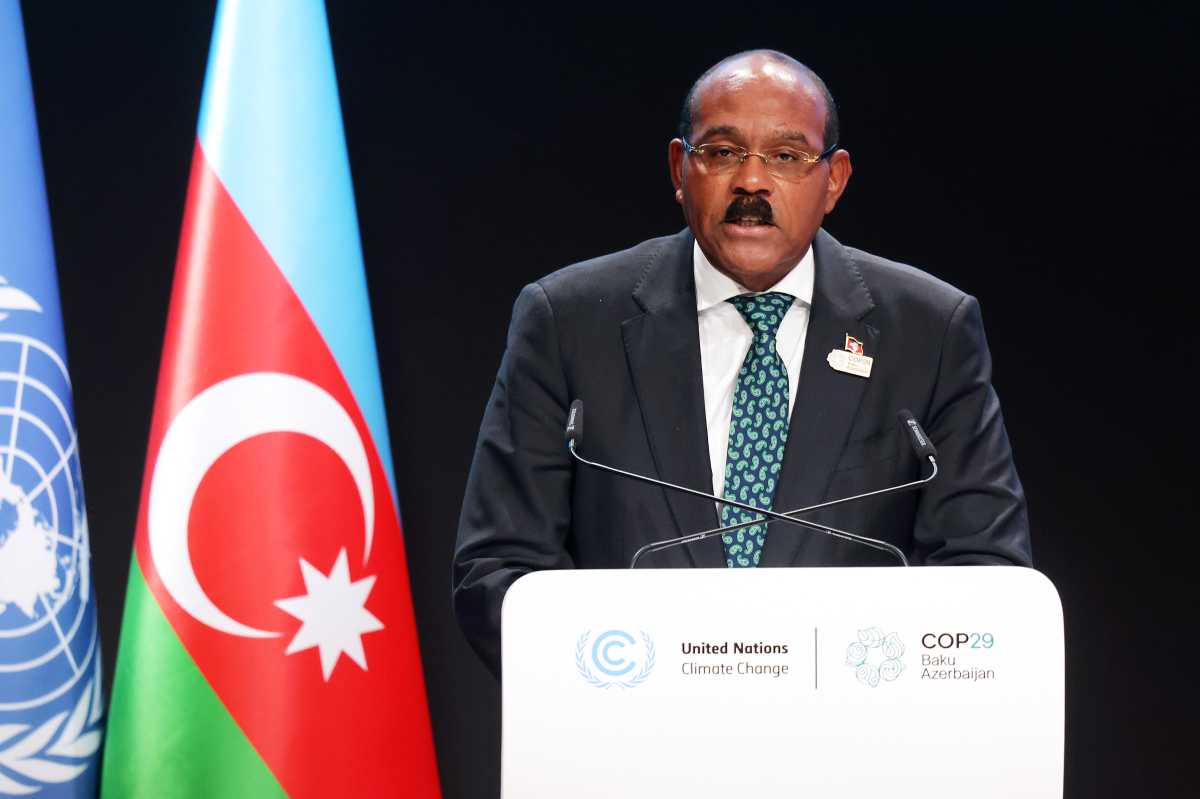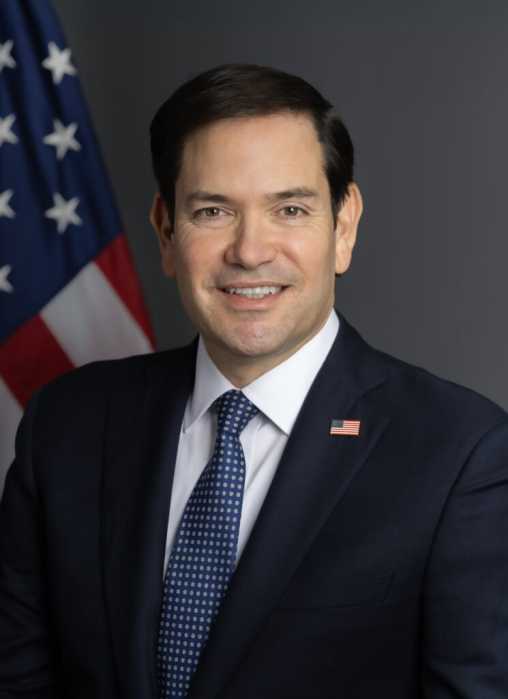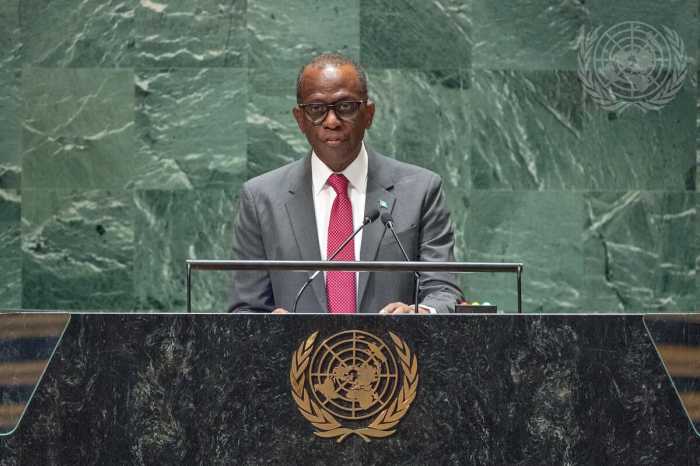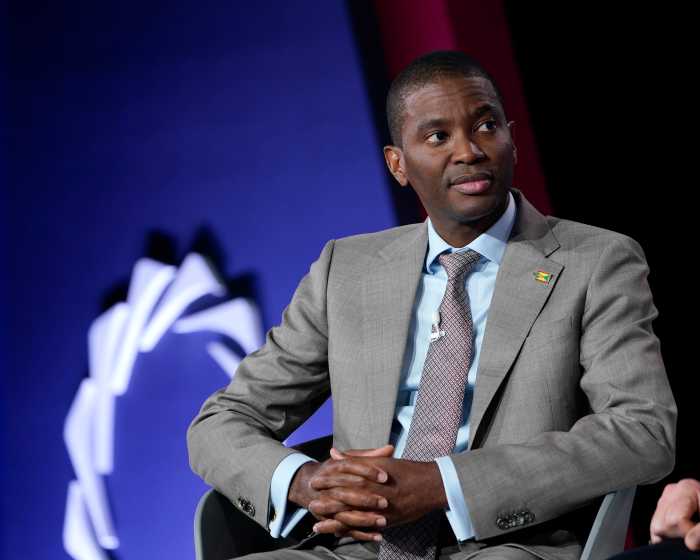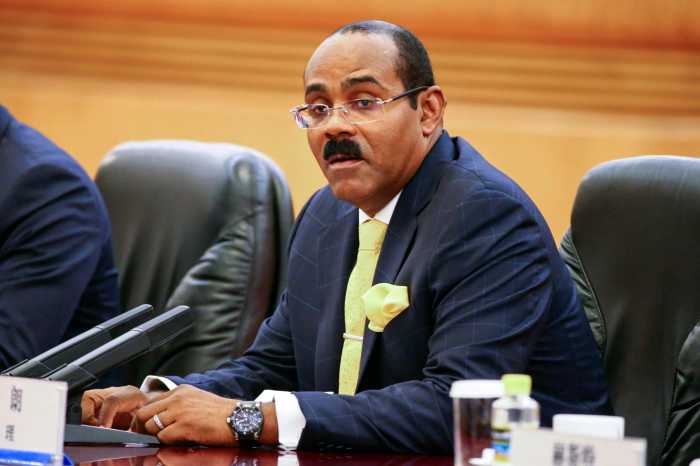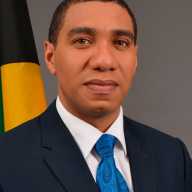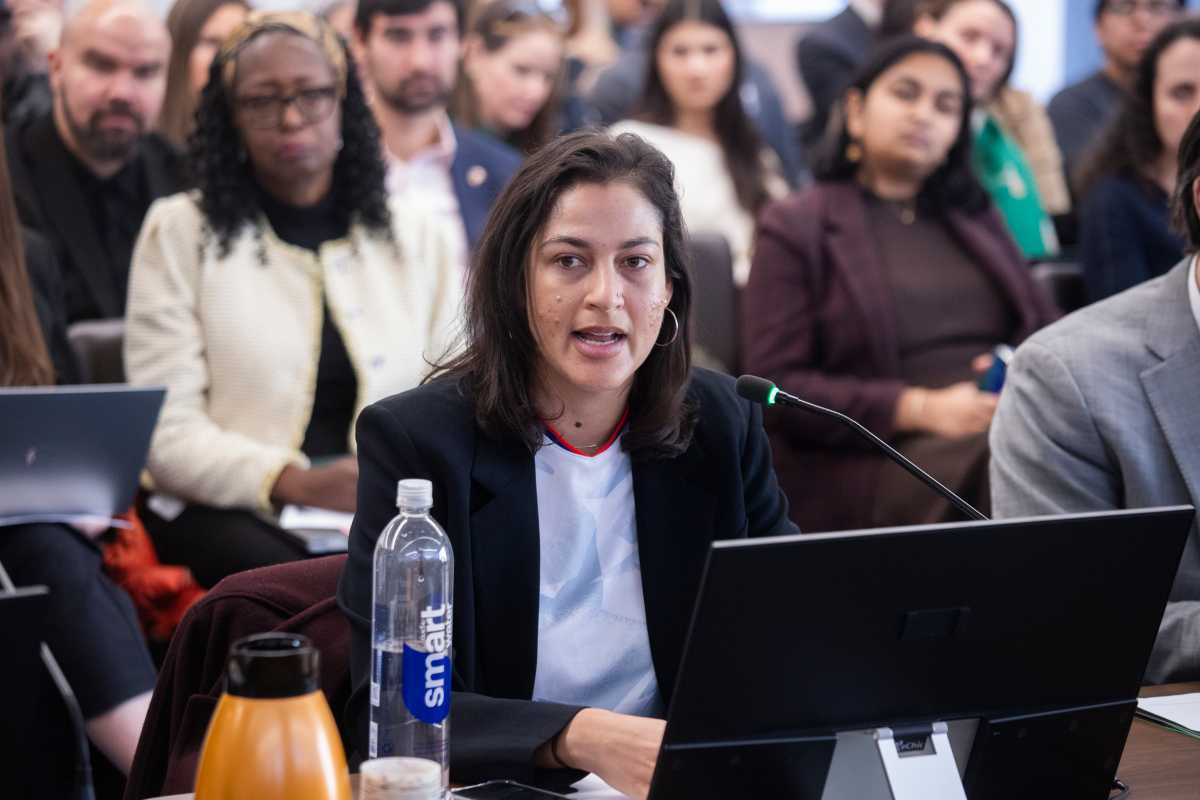Last weekend, at the official opening of the 49th regular CARICOM Heads of Government meeting held at the Montego Bay Convention Centre, Rose Hall in Jamaica, Caribbean leaders unanimously decided that the region needs to be safeguarded against crime.
Prime Minister Andrew Holness of Jamaica announced during his address to the leaders that regional security should be a matter of concern and urgency for CARICOM. He expressed his dissatisfaction with the continued violence in Haiti and pleaded with other regional leaders to recommit pledges to strengthen their efforts to help Haiti.
Holness stressed an urgent need for support and alignment to combat the deteriorating security crisis because the level of violence has increased significantly and is wreaking havoc on the Haitian people. The Jamaican prime minister also expressed his concern with the sluggish response from the international community towards Haiti’s problems over the years.
“We must dismantle the influence of gangs in our communities, disrupt their finances… we need to launch a war on gangs of a similar nature and magnitude and deplete the war on terror,” he declared.
Antigua and Barbuda’s Prime Minister Gaston Browne joined the call and addressed the magnitude of these crimes, stating that the region faces significantly high levels of crime and CARICOM must develop a plan to fight it. The Antiguan Prime Minister asked CARICOM leaders to commit more to the cause.
“The criminals are getting far more advanced. It is important for us to conjoin our efforts across CARICOM to effectively combat this,” Browne added.
Prime Minister of St. Kitts and Nevis, Terrence Drew, also welcomed a collective regional approach. “Security remains a concern on multiple levels, with Haiti being the most affected. A coordinated response from all member states is critical,” Drew stated.
Unfortunately, as the CARICOM leaders were in the height of their discussion on the plight of the region, news surfaced that the iconic Hotel Oloffson, once a symbol of Haiti’s national pride, was destroyed by gang-related arson; in Port-au-Prince, further disrupting the lives of several people already in the realms of daily struggles for survival.
According to recent reports from the United Nations’ Office of the High Commissioner for Human Rights (OHCHR), violence in Haiti continues to surge, especially in the capital, Port-au-Prince. It stated that over the last eight months, over five thousand people have been killed.
The United Nations report also stated that CARICOM leaders are raising concerns over the possibility of a spill-over effect on other Caribbean nations.
Laurent Saint Cyr, a member of Haiti’s Transitional Presidential Council, addressed the summit in Montego Bay and urged CARICOM nations to step up their support, “Haiti today needs the region to speak with one voice in defense of security, peace and substantial development,” he declared.
Holness proposed creating a regional justice and security framework to develop a strong unified response to organized crime throughout the Caribbean.
Outgoing CARICOM chair and Prime Minister of Barbados, Mia Mottley, focused on the role of the United States’ gun trafficking in fueling regional violence.
“Regrettably, I have said over and over – we pay a high price for the Second Amendment rights of the U.S. citizens,” Mottley noted, criticizing the steady flow of illegal firearms into the Caribbean.
Mottley also reiterated the importance of adopting the Caribbean Court of Justice (CCJ) as the region’s appellate court, highlighting the swearing-in of its new president, Jamaican jurist Winston Anderson, during the summit.
The Caribbean Court Justice currently serves as the final court of appeal for Barbados, Belize, Guyana, Dominica, and St. Lucia. However, many CARICOM nations still rely on the UK-based Privy Council.
“We are aware that some countries require referendums,” the Barbados prime minister said. “Encouraging public education efforts to build support for the regional court system is needed.”
A recent report from Jamaican government officials stated that crime decreased during the first five months of 2025 compared to the same time last year.
“This is not about one country,” Holness said. “It is about safeguarding the future of the entire Caribbean.”


